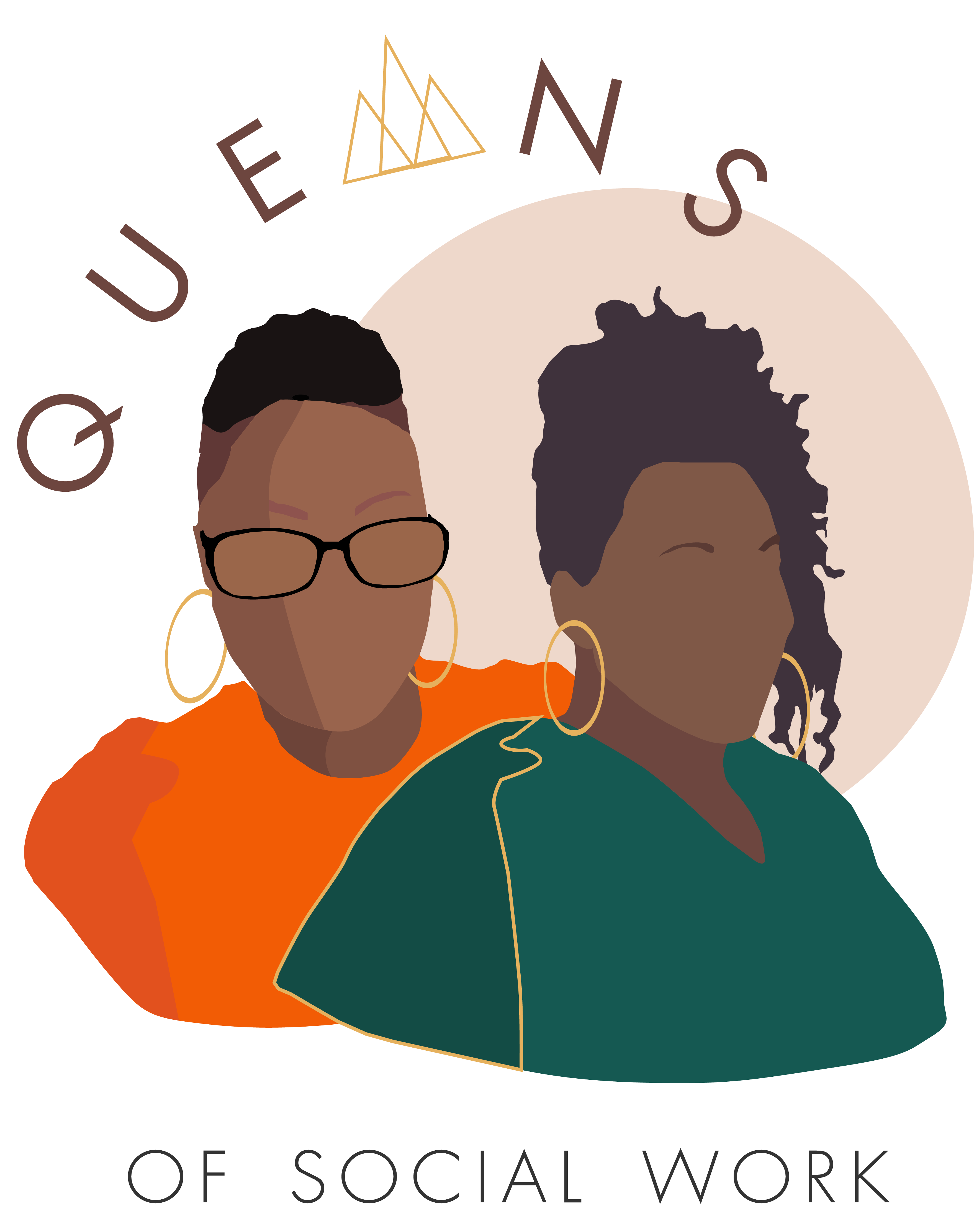The foundation of social work, as taught in many academic settings, is heavily rooted in Eurocentric perspectives. This framing often excludes the voices, practices and historical contributions of people of color. The process of decolonizing social work seeks to address this exclusion by acknowledging and integrating the diverse experiences and healing traditions of marginalized communities.
Understanding Decolonization in Social Work
Decolonization involves examining and dismantling the Eurocentric narratives and systems that permeate social work education and practice. It is about challenging the assumption that Western methodologies are universally applicable and recognizing that they often fail to consider the lived realities of non-Western populations.
Decolonizing social work requires rethinking how we view well-being, trauma and healing. It means moving beyond traditional diagnostic labels and treatment plans that are disconnected from the cultural contexts of clients. Instead, practitioners should incorporate culturally rooted practices, community-based approaches and a deeper understanding of intergenerational trauma and systemic oppression.
The Importance of Afrocentric and Indigenous Frameworks
Central to decolonized social work is the inclusion of Afrocentric and Indigenous frameworks, which focus on community, collective well-being and spiritual connection. Afrocentric psychology, for example, acknowledges the profound impact of systemic racism and cultural dislocation on mental health. It reframes well-being by emphasizing identity, community belonging and resistance to oppression.
Similarly, Indigenous healing practices often incorporate spirituality, rituals and a holistic understanding of health that integrates mind, body and spirit. These frameworks remind us that healing is not only an individual journey but a communal one, rooted in relationships and shared history.
Practical Steps for Social Workers
Social workers aiming to decolonize their practice can start by:
- Critically Reflecting on Their Training: Question the dominant theories and practices learned in formal education. Ask where they originate and whom they serve.
- Incorporating Culturally Relevant Approaches: Use practices that resonate with the client's cultural background, such as storytelling, traditional ceremonies or community circles.
- Building Community Knowledge: Engage with and learn from community leaders and elders who hold traditional knowledge. This can deepen understanding and provide richer support to clients.
- Reexamining the Use of Diagnostic Labels: Understand that many Western diagnostic categories may not accurately reflect the experiences of clients from diverse backgrounds. Prioritize listening and co-creating meaning with clients.
Navigating Challenges
Decolonizing social work is not without its challenges. It can involve confronting uncomfortable truths about the limitations of current practices and the biases within the profession. Resistance may come from institutions rooted in maintaining the status quo. Yet, true decolonization requires social workers to be courageous, to hold space for complex narratives and to advocate for systemic change that reflects the diversity of human experiences.
From Decolonization to Mental Wellness: Next Steps
Decolonizing social work is not a linear path but a dynamic process of unlearning, relearning and reclaiming practices that support authentic healing. This requires recognizing systemic limitations, advocating for change and fostering approaches that align with non-Western, community-based modalities. Practitioners and social work students can begin by deepening their awareness, challenging the norms and integrating holistic, culturally rooted practices into their work.
To further explore themes related to healing practices, we recommend listening to the Queens of Social Work podcast episode titled, “Outgrowing Friendships”. In this episode, we discuss the evolution of personal relationships and the importance of recognizing when certain friendships no longer serve our growth. Listen here or below.
